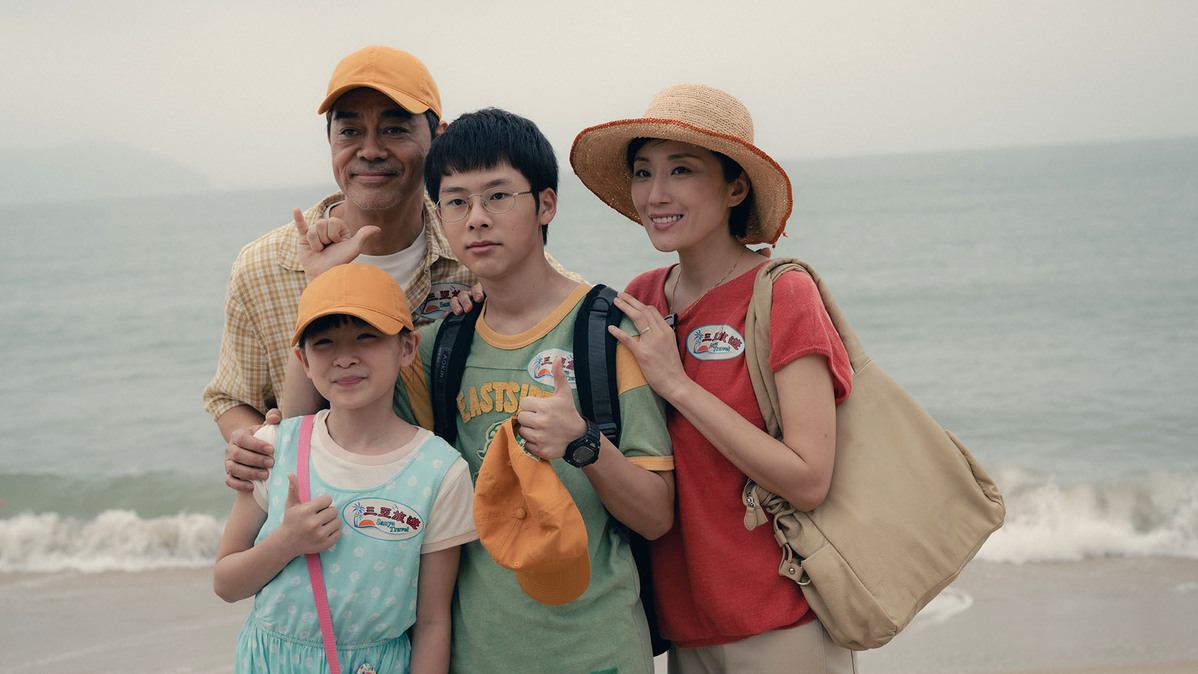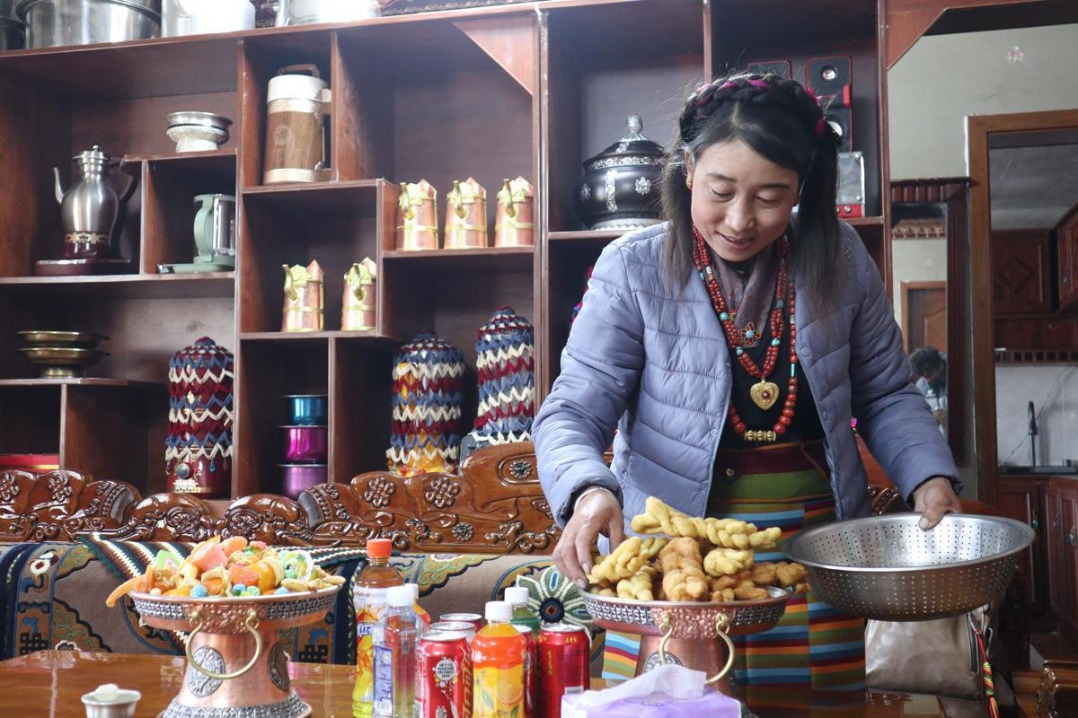Honest depictions of pain and raw emotions


Barring a disapproving principal, there are no adult characters in Blossoms. The focus is purely on Ching and Rachel, allowing them a near-total judgment-free space in which to forge their identities on their own terms. Few Hong Kong films about young women have given them the kind of agency Yip and co-writer Sze Ling-ling do. And Yip doesn't get fancy with her storytelling either — a bit of fantastical animation in the closing moments is as far as she goes out on a stylistic limb. She needn't have: Yau and especially Chan bring a natural charm to their roles in a way that makes it hard not to root for these girls as they stumble toward adulthood. Blossoms is a surprisingly assured and astute debut that bodes well for Yip's sophomore effort.
Conversely, Yung is on his fifth film, his last being the sprawling crime epic Where the Wind Blows. With Papa he returns to the more intimate, gritty material that he launched his career with in the police procedural Port of Call and also tapped into in his coming-of-age drama, Glamorous Youth. Based on a 2010 incident in Tsuen Wan, Papa is almost an experimental meditation on grief and forgiveness — one that asks the question as to whether anyone who has experienced violence can truly ever be free of its scars.
Papa jumps back and forth in time. The film's tightly cropped Academy-ratio framing makes it difficult to gauge where in time one finds the story, or its protagonist, at any given moment. The audience is made to piece together Nin's fractured life in much the same way as the character is shown recalling it in the film. Cinematographer Chin Ting-chang (Warriors of the Rainbow: Seediq Bale) changes up the grain, color and depth of field to indicate Nin's private turmoil, while never letting the visuals distract from his emotional journey. Can Nin forgive Ming? Can they find a way forward? Like Yip, Yung doesn't judge his characters and the filmmaking is better for it. Dare we call it, more soulful?
- Northeast China's largest cross-sea bridge progresses as main pier platform linked
- Beijing issues first sandstorm alert of the year
- Village Gran Turismo held in Guizhou
- China invests 5.68 trillion yuan in water conservancy over past five years
- Qingdao targets Southeast Asian tourists with direct flights
- China to expand higher education in populous, central-western regions




































